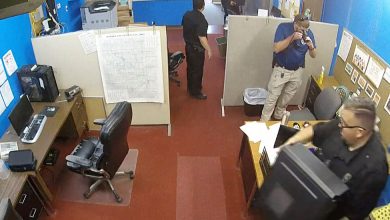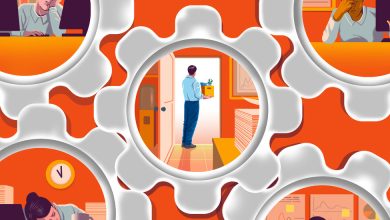The Fed’s vice chair says a coming pause in rate increases is unlikely.

Lael Brainard, the Federal Reserve’s vice chair, suggested that the central bank might make another large rate increase into September and threw cold water on the idea that policymakers might pause rate moves after the summer — signaling instead that they are intently focused on controlling too-high inflation.
Ms. Brainard, in an interview on CNBC, said that market expectations for half percentage point increases in June and July, increases that are twice the size of the Fed’s typical ones, seem “reasonable.” She does not know where the economy will be in September, she said, but explained that if inflation remained rapid another big move “might well be appropriate.” If it slows, then a smaller pace of increase might make sense.
She added, however, that it was “hard to see the case for a pause” at a time when the Fed has “a lot of work to do” to get inflation down to its goal, which is 2 percent inflation on average over time. Prices picked up by 6.3 percent on a headline basis and 4.9 percent on a core basis in the year through April.
Fed officials are fighting the fastest rate of inflation since the 1980s by lifting borrowing costs, which slows down consumer and business demand, helping to bring the economy back into balance. Central bankers began to shrink their balance sheet of bond holdings this week and have already lifted their main policy interest rate by 0.75 percentage points since March, efforts that are already making mortgages and other loans pricier.
“We do expect to see some cooling of a very, very strong economy over time,” Ms. Brainard said, explaining that the Fed is looking for moderation and “better balance” in the labor market.
Ms. Brainard said she was looking for “a string of decelerating inflation data” to feel more confident that inflation will get back no a more sustainable path.
The Fed is operating against a fraught backdrop. Ms. Brainard said that there was a “fair amount of uncertainty” about the economy, citing Russia’s war in Ukraine and lockdowns in China as factors clouding the outlook.
Economists have warned that the Fed could struggle to slow down the economy without tipping it into an outright recession, especially as it withdraws support rapidly and in tandem with other central banks around the world. But Ms. Brainard said that there was a path where demand could cool and inflation could come down while the labor market remained strong.
“We are starting from a position of strength — the economy has a lot of momentum,” she said, also citing solid business and household balance sheets.





